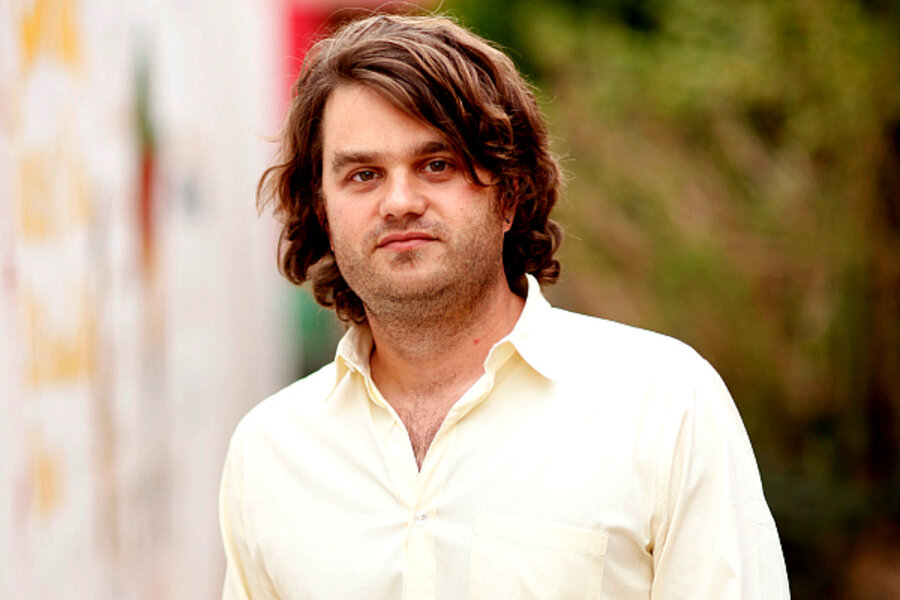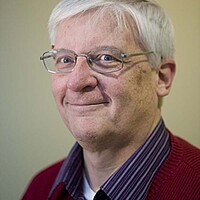Jacob Lief uses an 'old recipe' to help South Africa's poor
Loading...
As a 17-year-old, American Jacob Lief was visiting South Africa to take a first-hand look at its first post-apartheid elections. There, he met an older black woman in Alexandria Township, who told him she had been standing in line 36 hours to cast her ballot.
He was dumbfounded. Why would she be willing to stay in line so long?
"You don't understand," she told him. She'd been waiting 85 years to finally be allowed to vote.
"That was the moment I realized I wanted to get involved with the new South Africa," Mr. Lief says.
A way to help came into focus a few years later when he was a college student at the University of Pennsylvania. On a return trip to South Africa he met a black schoolteacher on the train, who advised him to get off at Port Elizabeth and look around. Lief was introduced to another black schoolteacher who asked him to come and work in his school. "I moved in with his family," Lief says.
That experience, in turn, helped guide him to found the Ubuntu Education Fund, which over the past 15 years has created a pathway out of poverty for 2,000 disadvantaged children and youths in Port Elizabeth and their families. The aid comes in many forms, from health care to education.
Rather than seeking to expand geographically, Ubuntu attempts to super-serve a specific community of about 400,000 people who suffer from unemployment, poverty, lack of basic health care, and a high incidence of infant mortality and HIV/AIDS.
This "depth over breadth" approach, Lief says in a phone interview, isn't some radical new idea. Rather, it's an "old recipe" that emphasizes a long-term and thorough commitment.
He's watched, he says, as some pretty famous nonprofit groups have come in with quick aid programs – and then quickly moved on.
"I didn't get to a top university [by being handed] a cup of soup and a windup computer," Lief says. "We've found it take from 48 to 52 months to take a child that's been raped or abused or lost their parent, greatly traumatized, and get that child to where they can be part of a community again and ready to begin to advance academically."
If the children are living with a parent or parents, Ubuntu gets parents involved. Even those who can't read spend time holding a book with their children and pointing to the pictures they see. That way the parent is showing the child that books are important and worth picking up.
The biggest lesson Lief has learned over the years? Start working with kids as early as possible.
"We now start with pregnant mothers," he says. "We make sure they deliver a healthy baby."
Some of the Ubuntu children have been able to go to college and begin professional careers. But all of those who stick with the program are benefited.
Ubuntu works closely with private-sector employers looking for good recruits. Ubuntu's children will earn $8.70 over their lifetimes for every dollar that Ubuntu invests in them, Lief says.
"Kids coming through our program are disciplined, healthy, ready to engage in the work force," he says, so they are attractive to employers, who often follow up with their own on-the-job training.
Another lesson Lief has learned from 15 years working closely with disadvantaged kids: Show them tough love.
"We kick children out [of the program] all the time," he says. "Our children are required to show up on time, to play by our rules.
"You're not going to get kicked out if you fail a math test; you [do] get kicked out if you didn't show up for your study period and study hard for it. That's when you get kicked out. If you're putting the effort in, we're going to work with you."
With enough support, even children from very challenging circumstance can succeed, Lief says, an idea that is reflected in one of Ubuntu's mottoes: "Your birthplace should not determine your future."
• To learn more go to www.ubuntufund.org/








